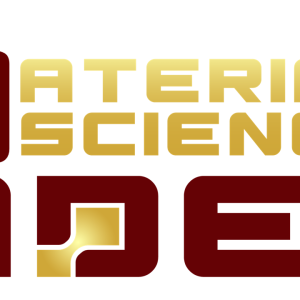Description
The Advanced Material Science Engineering series structure consists of the following units customized to your company’s requirements:
- Fundamentals of Materials Science: A foundational course covering atomic structure, bonding, and the fundamental properties of materials.
- Thermodynamics and Phase Diagrams: Understanding the thermodynamics behind material properties and phase diagrams to predict material behavior.
- Mechanical Properties of Materials: Covering stress, strain, elasticity, plasticity, and mechanical testing for a comprehensive understanding of how materials respond to forces.
- Materials Characterization Techniques: Training in methods like X-ray diffraction, electron microscopy, and thermal analysis to identify and assess material properties.
- Polymer and Composite Materials: Introducing polymers, ceramics, and composites, including their properties, applications, and processing methods.
- Electronic and Optical Properties of Materials: Exploring how materials interact with electric fields and light, crucial for developing electronic and photonic devices.
- Materials Processing and Manufacturing Techniques: Covering techniques like casting, forging, additive manufacturing, and surface treatments that affect material properties and performance.
- Corrosion, Degradation, and Protection: Understanding material degradation processes and strategies for corrosion prevention and material longevity.
- Advanced Materials for Industry Applications: Exploring cutting-edge materials, such as nanomaterials, biomaterials, and smart materials used in emerging technologies.
- Sustainable Materials and Green Engineering: Focusing on eco-friendly materials, recycling, and sustainable design practices, emphasizing the environmental impact of materials.


